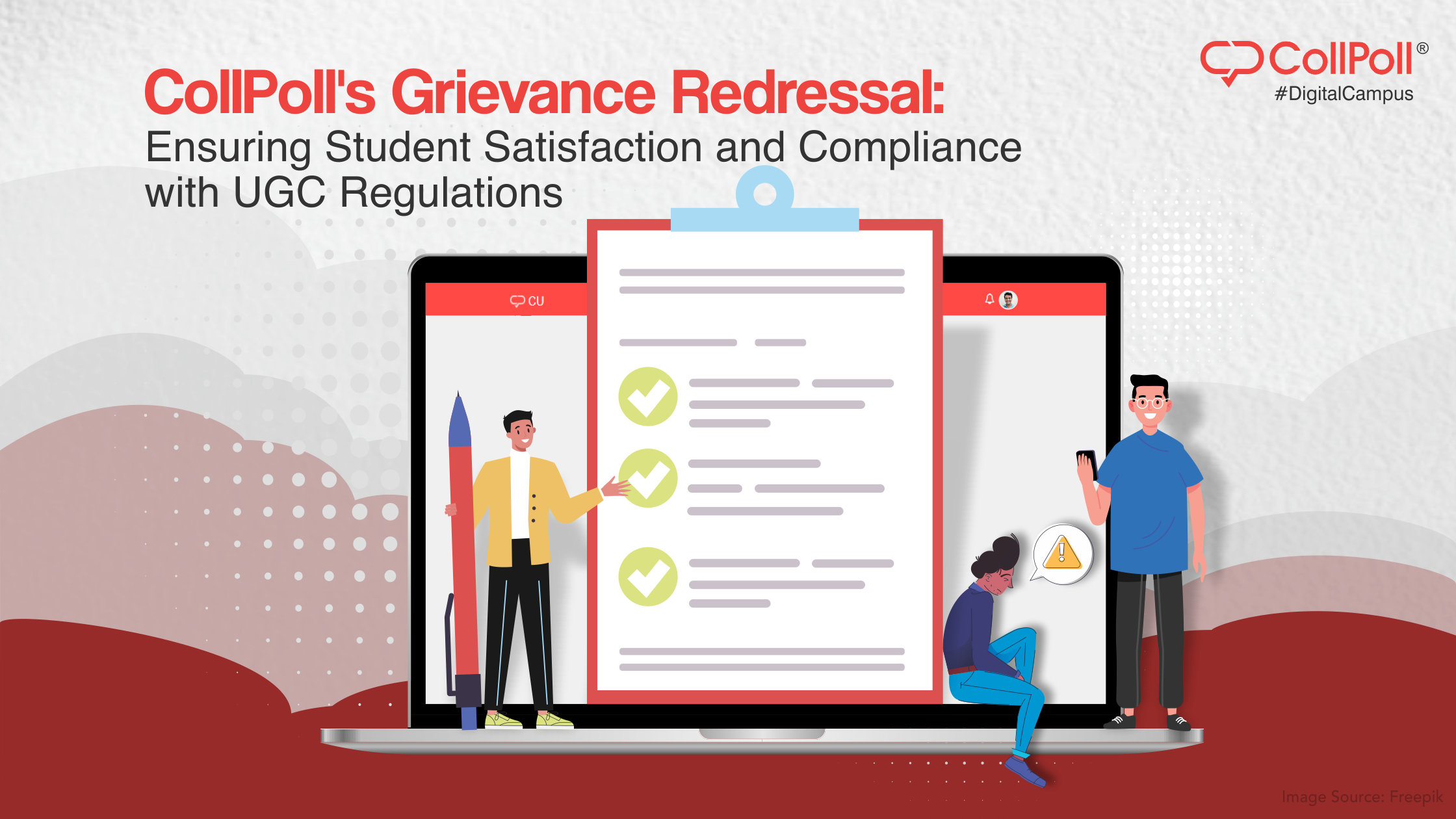Technology is everywhere, and it has transformed life as we know it. In the education sector, the COVID-19 pandemic has sped up technology transformation. In a blink of an eye, traditional chalkboards are replaced with digital whiteboards, and classrooms have become virtual.
The pandemic has also demonstrated that the ability to use technology is a vital life skill, and it needs to be embraced in the educational community to make institutions 21st-century ready.
Let’s take a closer look and learn about the challenges currently associated with the education technology
Challenges of Educational Institutions
Despite the use of technology especially for online learning in educational institutions, there are significant challenges that need to be addressed for institutions to adopt a more comprehensive technology and not just legacy software. Here are a few of those challenges:
- Budget Limits
- Academic Complexity
- Bridging the Generation Gap
Budget Limits
Bringing technology into education is a huge investment, and not all institutions have the budget for it. But what you must keep in mind is to weigh out how technology can help you and your institute, in fact, save money in the long run.
Academic Complexity
The National Education Policy (NEP) 2020 introduced a wide range of reforms such as multiple learning pathways, giving students varied options to choose courses aligned with their career aspirations. This has increased the academic administrators’ scope of work, making it challenging for higher education institutions to manage the academic complexity.
Bridging the Generation Gap
Millennials and Gen Z use technology in their day-to-day activities. With just a click of a button on their smartphones, they book a cab, order food online, give exams, and make online payments. The convenience of using technology is ingrained in their lives to such an extent that it has raised a gap between how traditional institutions currently function and how they are expected to function. Accommodating the changing mindsets of a technology-savvy generation can be challenging for higher education institutions.
Benefits of Technology in Education
There is no doubt that technology is here to stay. Students have already learned how to survive in the future world, with the help of technology. And as educators, it is a dire need that they also catch up. There are countless benefits of technology in education, but let’s look at some most important ones, including
- Automation of Tedious and Repetitive Tasks
- Data Security
- Improved Academic Productivity & Efficiency
- Proctored Online Examinations
- Managing Compliances
- Multidisciplinary Education
- Improved Communication & Collaboration
Automation of Tedious and Repetitive Tasks
One of the biggest advantages of education technology is automation. CollPoll helps you to seamlessly manage repetitive and tedious administrative tasks such as fee processing, database management, admission processes, student and staff attendance. Using comprehensive technology, CollPoll automates these processes to free up your time and resources. This can have a direct positive impact on institutions’ overall performance.
Data Security
Although all types of campus management data are stored on the cloud, CollPoll provides role-based access to this data. Only a few authorised people, including administrators, faculty, students, and parents, can use their login credentials to access data that’s relevant to them. This avoids the risk of data manipulation. Moreover, CollPoll’s campus management software solution uses strong encryption and several layers of security to ensure data is safe from online dangers and threats.
Improved Academic Productivity & Efficiency
Teachers can leverage technology by implementing LMS to plan courses and seamlessly deliver learning content to the student. Such systems also have built-in customizable features, including tracking courses and assessing assignments and quizzes. Using LMS, teachers can achieve new levels of productivity, provide new learning opportunities to students, and increase student engagement. Moreover, technology also helps institutions in quickly adopting changes in their academic structure as per the latest guidelines such as New Education Policy (NEP).
Proctored Online Examinations
Online examination is the way forward. Using an examination management system, institutions can conduct AI proctored online exams and assess students’ performance in real-time. This technology also enables teachers to track and better understand the students’ grasp of the subject.
Managing Compliances
The process of managing compliances like NAAC, NIRF, etc., is a tedious task. There is a huge amount of documentation involved, and the scope of human error is high. CollPoll’s comprehensive platform helps build a centralised repository of data that can help higher education institutions reduce manual interventions and manage their compliances effectively.
Multidisciplinary Education
The New Education Policy (NEP) 2020 is focused on making education multidisciplinary. It is a progressive step, but implementing and managing it in the academic processes can be challenging for higher education institutions. CollPoll, with its comprehensive technology, can help implement and manage NEP’s proposed Multiple Learning Pathways and Academic Bank of Credits.
Improved Communication & Collaboration
Technology enables stakeholders to engage in one-on-one interaction with students in a lot of areas. Also, students get the opportunity to collaborate and communicate with each other. Through online lessons and learning activities, students work together as a team to solve problems. Faculty and student communication can also be enhanced through the age of technology which was badly affected due to the pandemic.
It’s evident that technology can empower educational institutions like never before. Implementing any technology may sound expensive in short term but the benefits institutions can reap in the long term by using a comprehensive technology like CollPoll can enable them to reduce administrative workload, extend learning beyond the classroom, boost efficiency, enhance teacher-student collaboration, make data-driven decisions and be a benchmark of achieving excellence. Request a demo now!





